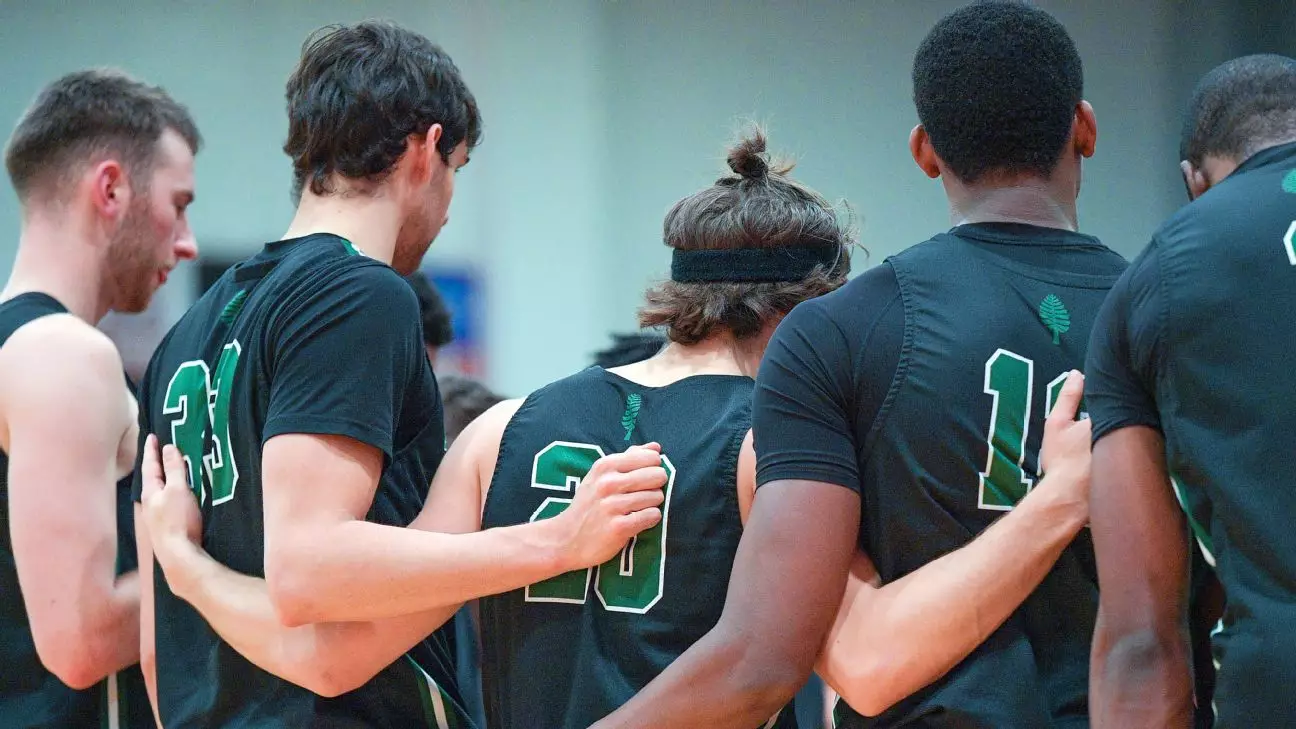In a groundbreaking decision, a National Labor Relations Board (NLRB) regional official recently ruled that Dartmouth basketball players are employees of the school. This ruling has significant implications as it clears the way for an election that could create the first-ever labor union for NCAA athletes. The 15 members of the Dartmouth men’s basketball team signed a petition in September to join Local 560 of the Service Employees International Union, which already represents some employees at Dartmouth. If the players are successful in unionizing, they would have the ability to negotiate not only their salaries but also their working conditions, including practice hours and travel.
The classification of NCAA athletes as employees is a contentious issue. While the players argue that they provide services and receive compensation, the NCAA and universities have consistently maintained that athletes are students, not employees. College sports leaders have even lobbied Congress for a federal law that would codify the classification of athletes as students. The NCAA currently faces a federal lawsuit in Pennsylvania on this subject, making the outcome of the Dartmouth case highly significant. The NLRB ruling marks a significant step towards potential employee status for college athletes.
While Dartmouth can still appeal the regional director’s decision to the national board, the fact that all eight Ivy League schools are private and do not grant athletic scholarships could increase the likelihood of the ruling being upheld. However, there are concerns about the broader implications of such a decision. Legal experts highlight that if Dartmouth men’s basketball players are considered employees, it raises questions about other student groups such as music students. Could this ruling pave the way for unexpected consequences and open the door too far?
The Dartmouth case is not the only one challenging the employee classification of college athletes. In California, there is a complaint before a different NLRB body claiming that football and basketball players at USC should be deemed employees of the school, the Pac-12 Conference, and the NCAA. The outcome of this hearing, which resumes this month, will further contribute to the ongoing debate about college athletes’ employment status.
In a 2021 memo, the NLRB’s top lawyer expressed the opinion that college athletes should be considered employees. The memo highlighted the freedom of college athletes to engage in lucrative business enterprises, making their situation more similar to professional athletes who are clearly employed by a team to play a sport. This perspective further strengthens the argument for athletes’ employee status and challenges the long-standing amateur athlete model.
During the four-day hearing in October, Dartmouth argued that the basketball players should not be considered employees because athletics are part of the academic mission of the school. The college pointed out that students’ primary objective is learning and that participating in intercollegiate athletics is secondary to their education. Additionally, Dartmouth claimed that the men’s basketball program operates at a financial loss. In response, the players’ attorneys countered that the school’s financial analysis fails to consider important revenue streams that the basketball team contributes to.
The classification of NCAA athletes as employees and the ongoing legal and political challenges to the collegiate sports model have significant implications for the future of college athletics. The NCAA is currently facing multiple antitrust lawsuits, with at least six challenging various aspects of how college athletes are compensated. The NCAA’s strict amateurism model has been crumbling, particularly after a 2021 Supreme Court ruling that allowed additional forms of compensation for athletes. This prompted the NCAA to relax its rules on player compensation. It is clear that various threats are converging to challenge the NCAA’s control over athletes’ compensation and the overall structure of college sports.
The recent NLRB ruling on the employee status of Dartmouth basketball players has far-reaching implications for college athletics. While the decision opens up the possibility of labor unions for NCAA athletes, it also raises questions about the broader classification of student groups. As the debate continues, the collegiate sports model itself faces numerous legal and political challenges, threatening the long-standing control of the NCAA over athlete compensation. The future of college athletics as we currently know it hangs in the balance as athletes and institutions grapple with these critical issues.


Leave a Reply